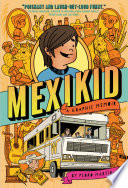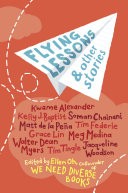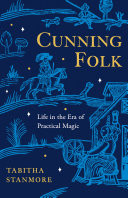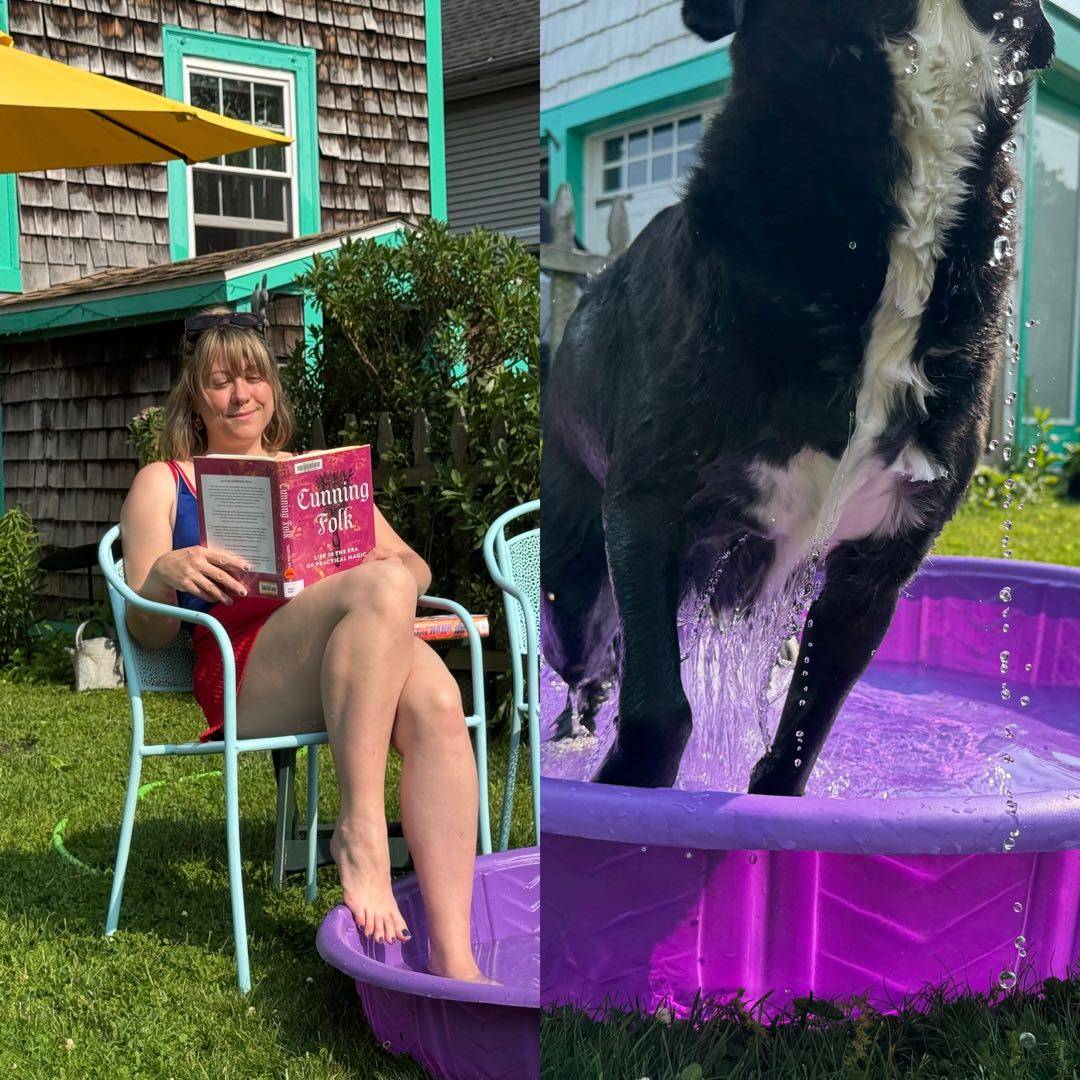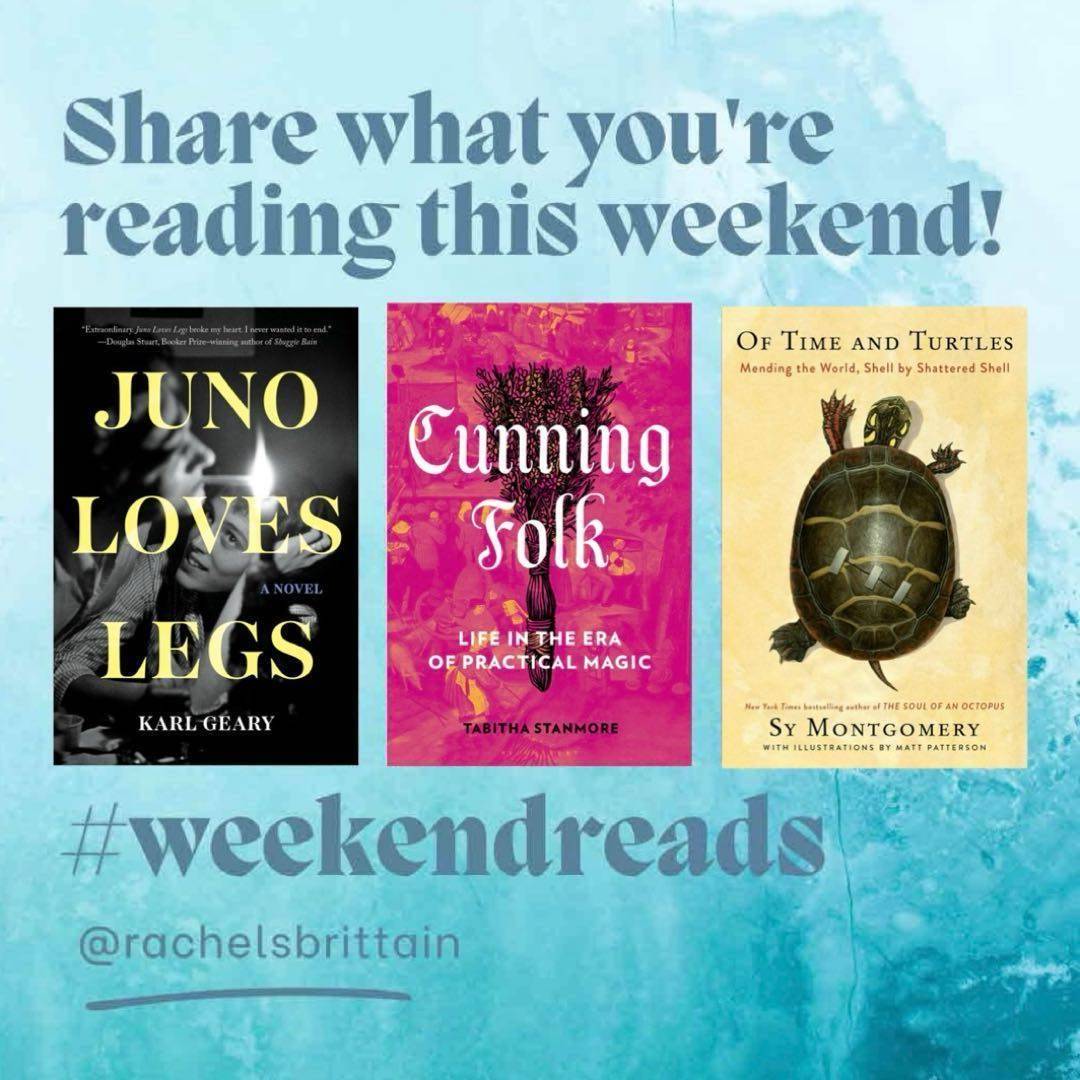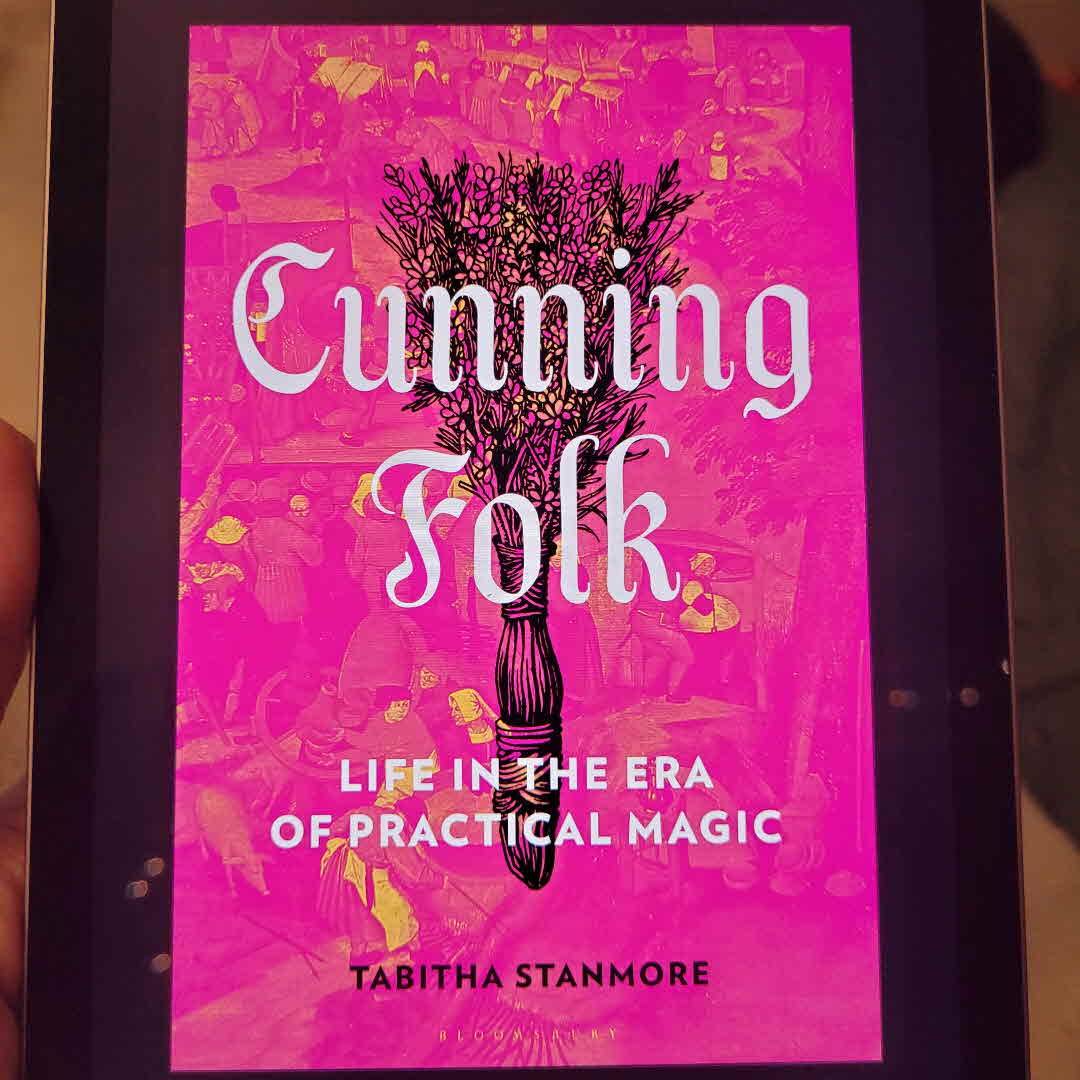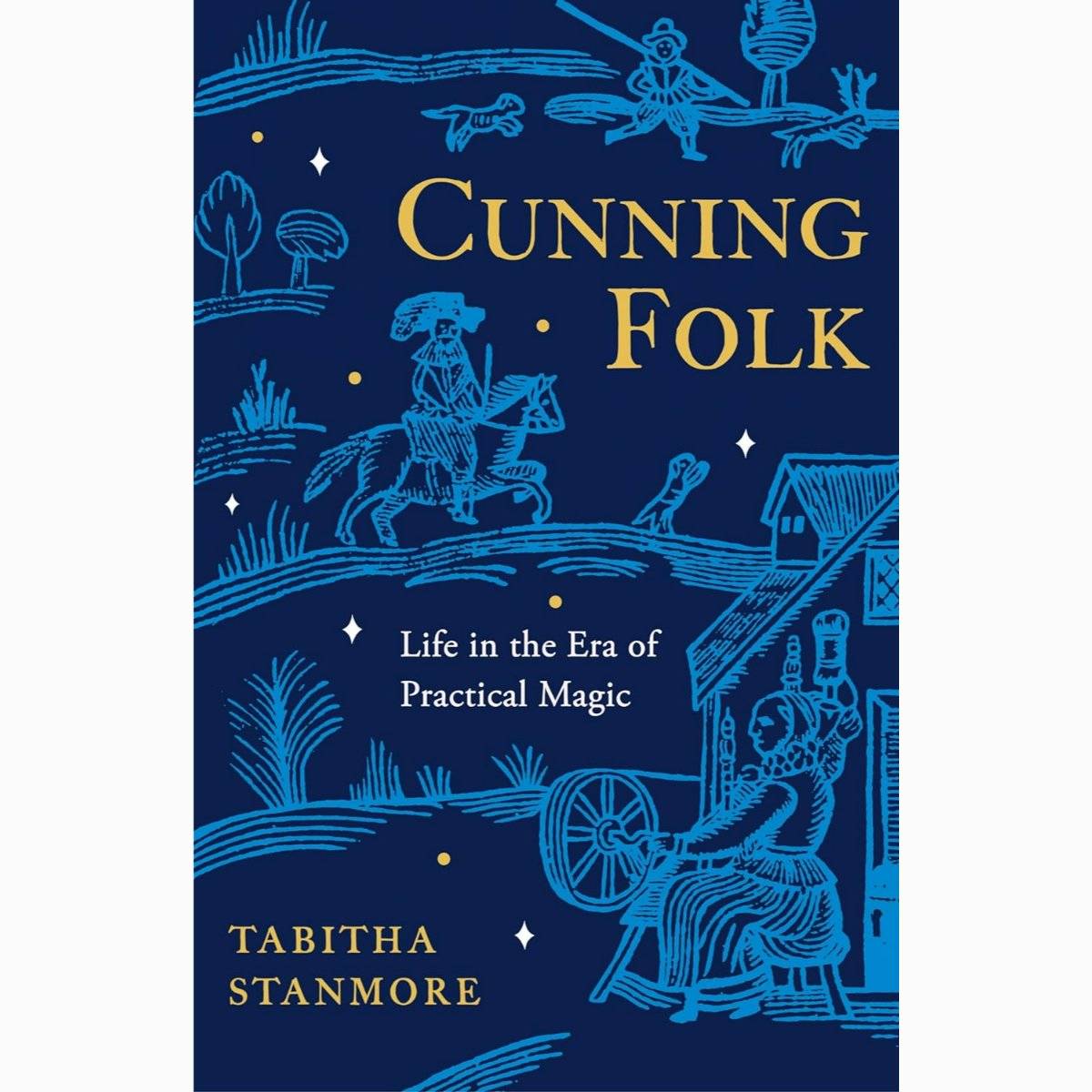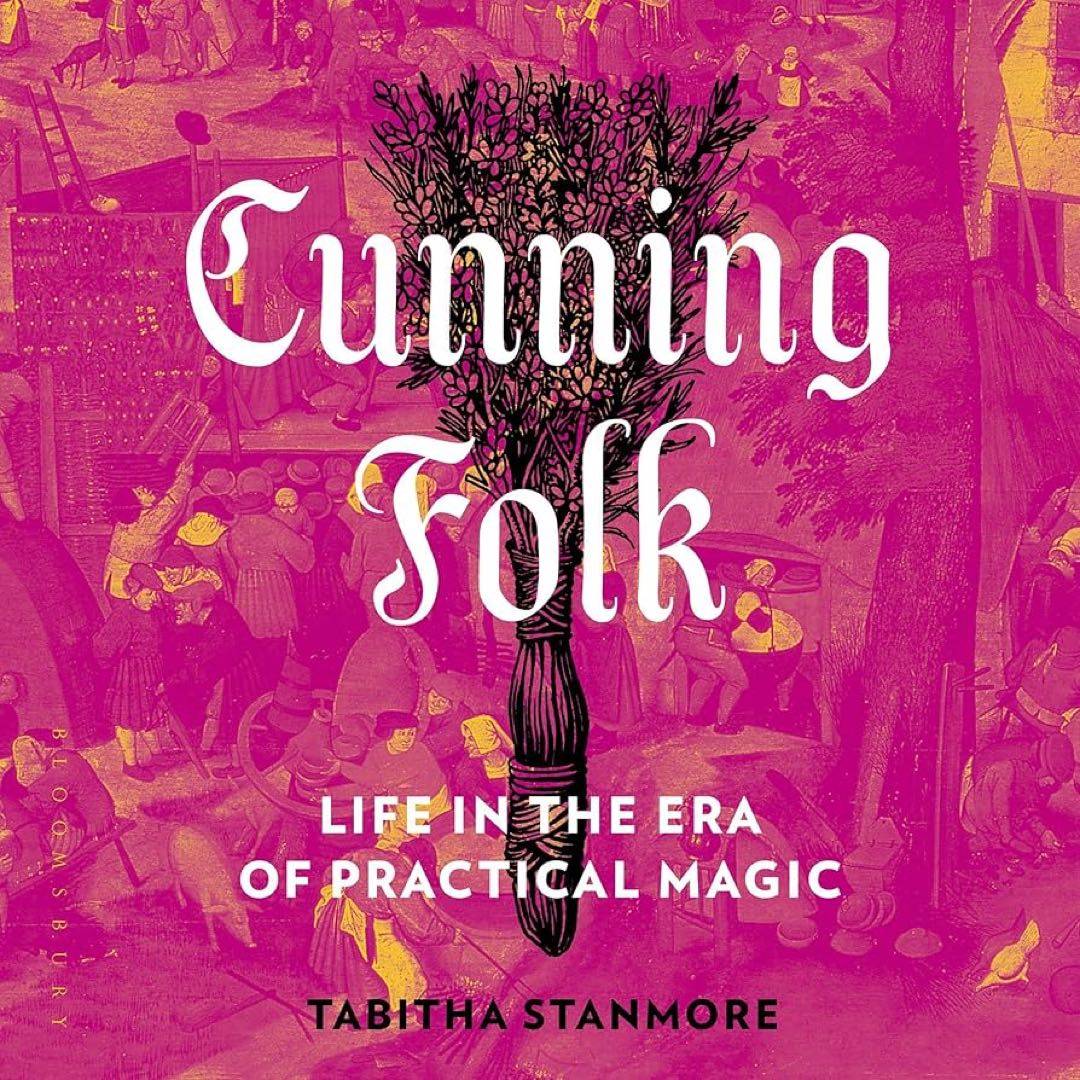
When I began reading this history of “practical magic” in 1300s-1600s England, I was nothing short of obsessed. My interest, however, slowly tapered off. There are interesting bits sprinkled throughout…but it started to feel like a lot of the same. I‘m also not a big fan of the stylistic, “as we will see in the next chapter” phraseology.
What initially hooked me was the close overlap of priests & “cunning folk”, religion & “service magic.”👇🏻








